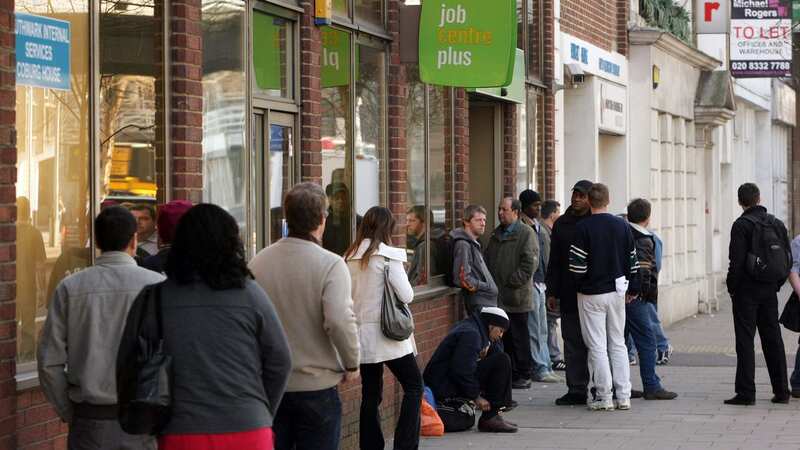DWP rule change for almost one million people on Universal Credit explained

Universal Credit claimants are being given more time to pay back a budgeting advance, which is a type of loan you can take out in an emergency.
You may be able to take out a budgeting advance for one-off expenses, including household costs or if you need help starting a new job.But as this is a loan, it needs to be paid back - although it you're not charged interest.
You normally pay back a budgeting advance through your Universal Credit payments. This means the benefit payments you receive will be reduced until you've paid off the budgeting advance. But in his Budget this week, Jeremy Hunt confirmed people will get more time to pay it back.
It was announced the time you have to pay back a budgeting advance is being increased from 12 months to 24 months. The DWP said: "To support households from falling into debt the government is taking decisive action to ensure claimants retain more of the money they receive from Universal Credit. Almost one million households on Universal Credit take out budgeting advance loans.
"These provide families with a vital source of funds to purchase one-off items like fridges and other expensive items. To help make these repayments more affordable we will be increasing the repayment period for new loans from 12 months to 24 months."
 8 money changes coming in February including Universal Credit and passport fees
8 money changes coming in February including Universal Credit and passport fees
Can I get a budgeting advance?
You might be able to get a budgeting advance to help with one-off emergency costs, or big life events. The below is just some examples, but keep in mind this is not a definitive list. Someone will assess your application on an individual basis.
- Emergency household costs (such as replacing a broken cooker or boiler)
- Furniture and clothing
- Getting a job or staying in work
- Rent in advance
- Deposit if you need to move
- Funeral costs
- Maternity costs
How much can I get?
The smallest budgeting advance you can borrow is £100, but you may be able to get up to £348 if you’re single, £464 if you’re in a couple, or £812 if you have children. The DWP will decide how much you will actually receive.
You won't be entitled to the full amount if you or your partner have more than £1,000 in savings. This is because the loan amount you could be offered will be reduced by £1 for every £1 you have in savings over the £1,000 threshold. You also cannot get a second budgeting advance before you have fully paid off the first.
Who is eligible for a budgeting advance?
You must have been getting Universal Credit, Income-related Employment and Support Allowance, Income Support, Income- related Jobseeker’s Allowance or Pension Credit for six months or more.
You can be claiming benefits for less than six months if you need the money to help you start a new job or keep an existing job. You'll also need to have earned less than £2,600 in the six months before your application, or £3,600 if you live with a partner.
How do I apply for a budgeting advance?
You will need to contact your local Jobcentre to apply for a budgeting advance. Someone will look at your application to decide how much you should get.
How do I repay a budgeting advance?
You repay a budgeting advance through your benefit payments. If you stop claiming benefits, you’ll still need to repay your budgeting advance. Payments will either need to come out from your wages, if you’re now in work, or from other benefits you may be getting.
If you don’t make payment arrangements, the DWP can contact your employer to recover what you owe. The DWP can also contact a debt collection agency to collect any outstanding payments.
Read more similar news:
Comments:
comments powered by Disqus

































